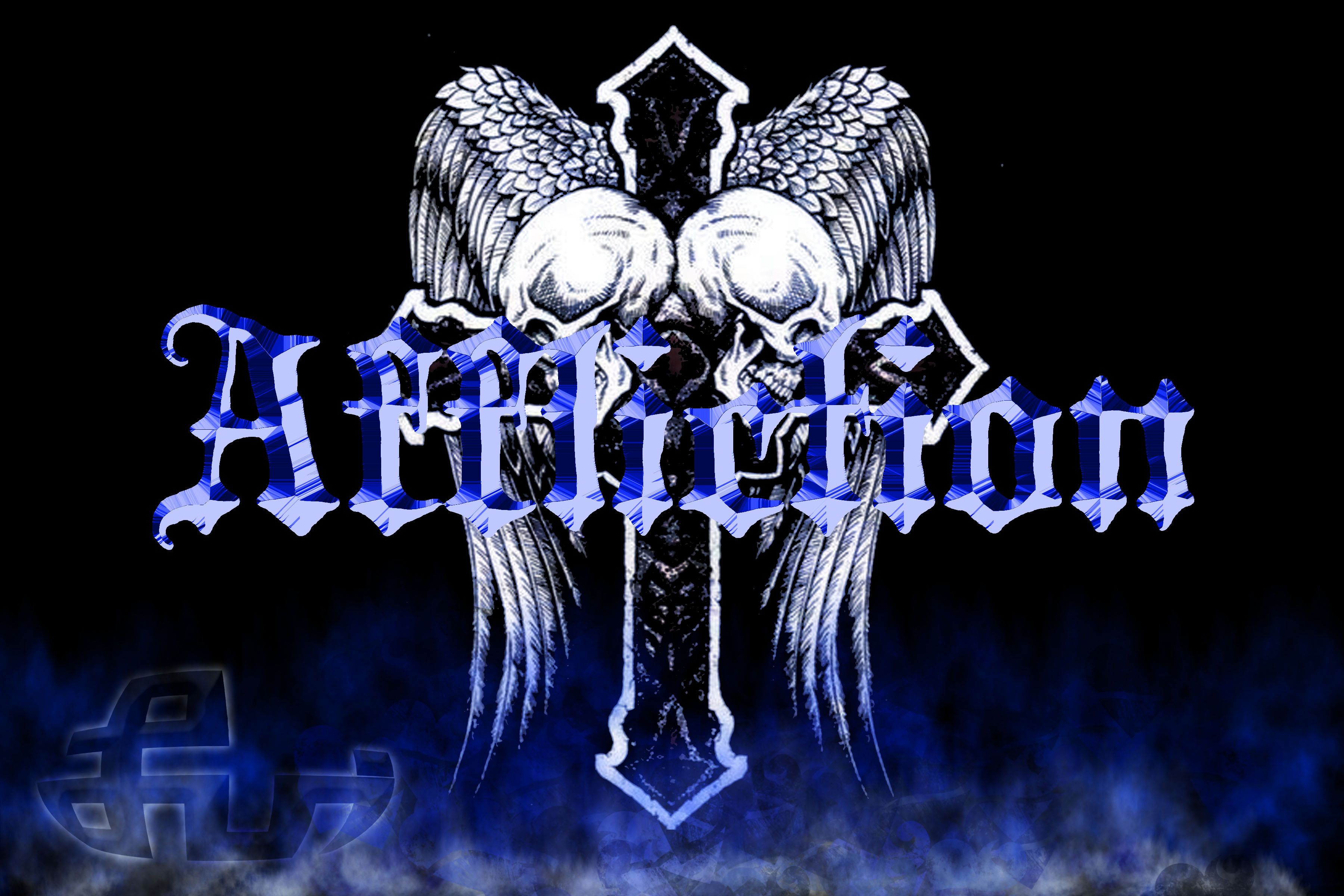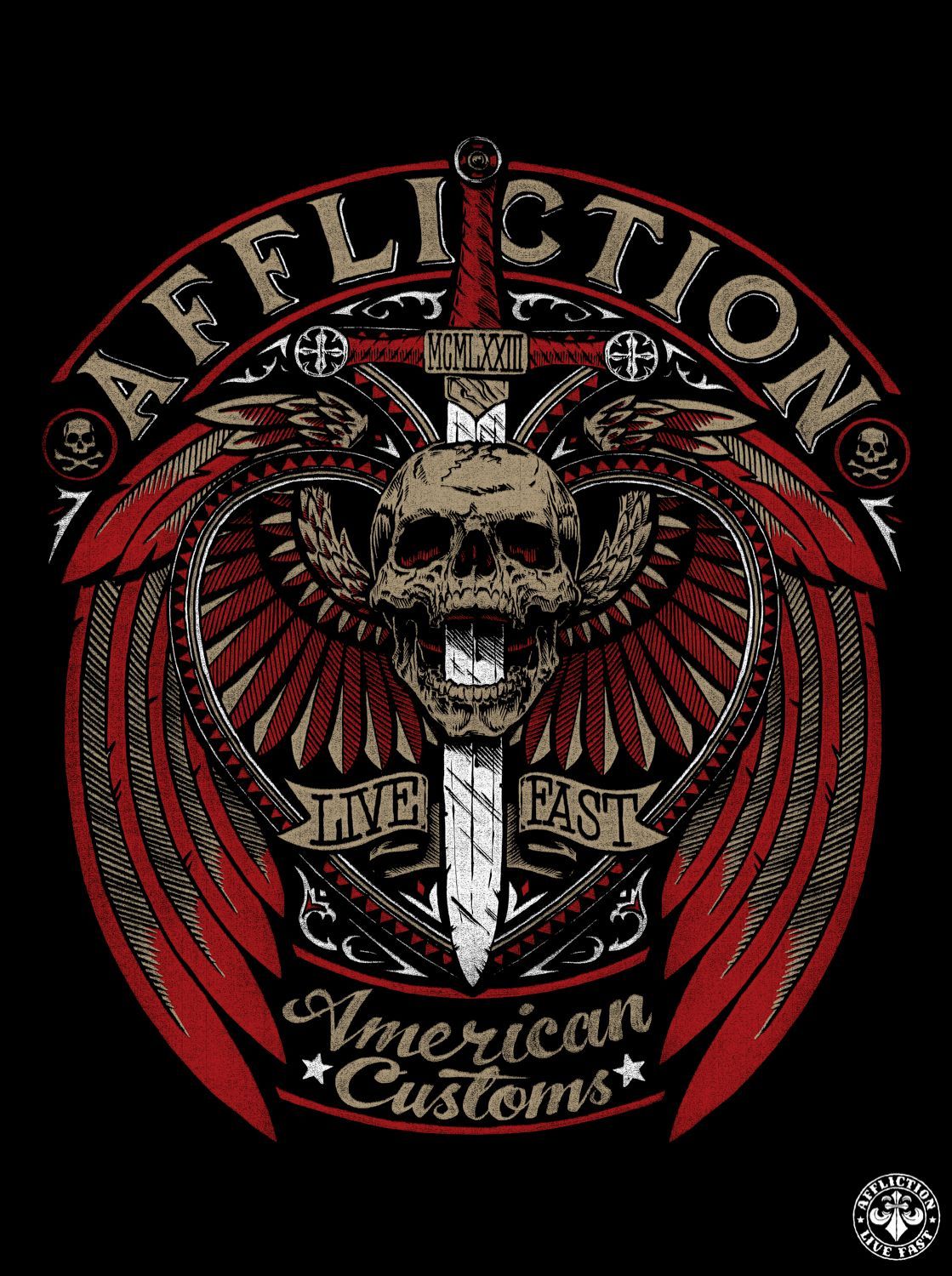Understanding Affliction: Meaning, Examples, And Impact | Definition & More
Does the human experience inherently necessitate suffering? The very fabric of life, it seems, is interwoven with threads of what we term "affliction," a word that encompasses a vast spectrum of experiences from the mundane to the catastrophic, all sharing a common core: pain.
This pain, however, is not always a sign of weakness or failure. Indeed, the ability to endure and overcome affliction can be a source of profound strength and resilience. Consider the athletes who push their bodies to the absolute limit, the artists who channel their pain into creation, or the individuals who confront life's hardships with unwavering courage. Their stories are a testament to the human spirit's capacity to not only survive but to thrive in the face of adversity. The concept of affliction itself takes on many forms a debilitating disease, the loss of a loved one, financial hardship, a difficult relationship the specifics vary greatly, yet the underlying principle remains constant: it is something that causes us to suffer, something we must confront, and something we must, in our own way, learn to navigate.
| Category | Details |
|---|---|
| Definition of Affliction | A cause of persistent pain or distress; great suffering; the state of being afflicted by something. |
| Synonyms | Distress, agony, misery, pain, anguish, discomfort, torment, tribulation. |
| Related Concepts | Illness, hardship, problem, family conflict, violence, abuse, mental or bodily pain. |
| Examples in Usage |
|
| Artistic Representations |
|
| Common Usage & Idioms | "Eat the bread of affliction" - An idiom that speaks to enduring hardship and finding strength in adversity. |
For those in pursuit of a deeper understanding, "affliction" represents more than just negative experiences. It is a catalyst for growth, a crucible in which character is forged, and a source of profound empathy. It is the shadow that allows us to appreciate the light. Consider the film "Affliction," a 1997 adaptation of Russell Banks' novel, starring Nick Nolte. The film delves into the complexities of human relationships and the ravages of trauma, with characters grappling with internal and external conflicts. It shows how deep suffering can be. The films exploration of themes such as violence, abuse, and family conflict serves as a powerful reminder of the profound impact that affliction can have on the human psyche. It also highlights the importance of understanding and compassion in the face of such challenges.
The term "affliction" itself, a noun rooted in Latin, encapsulates a multifaceted concept. It speaks of a state of pain, distress, or grief. It can be used to describe the state of being afflicted by something, or something that causes great suffering. The word has a historical resonance. The word appears in literature across cultures and centuries. Its usage reflects the pervasive nature of suffering in the human condition. The word serves as a tool to articulate the depth of human experience.
Consider the context of the clothing brand "Affliction," inspired by music, art, and culture, carrying the tagline "live fast, die young." This may seem like a stark statement, but it speaks to a specific subculture, where enduring pain and embracing struggle are elevated to an art form. This is a world where resilience and overcoming adversity become the very definition of cool. For these people, affliction, rather than being something to avoid, is something to be embraced and worn as a badge of honor, a symbol of their defiance. The concept of "Affliction" as a brand draws a connection between the struggles of life and the creation of art and culture.
The path to growth, often paved with challenging experiences, can be seen in different forms. Think of the athlete. They embrace a rigorous training regime to push their physical and mental boundaries. They endure pain and discomfort to achieve their goals. Consider the artist, they might pour their emotional wounds onto canvas, creating powerful and moving works of art. Each one uses their pain to create something meaningful. Through these experiences, resilience is built. It becomes the defining feature of character. They learn not just to survive their afflictions, but to transform them.
The concept of affliction also encompasses a variety of nuances. It can mean physical pain, mental anguish, or an overwhelming sense of loss. There is a profound difference in how we experience these. For example, the slow and painful process of a disease, the sudden shock of a tragedy, or the enduring weight of grief. Each has its own specific challenges. Each calls for a different approach to manage the impact.
The ways we manage affliction also vary. Consider these as examples; resilience, compassion, and meaning. These may involve a combination of professional support, personal practices, and community engagement. The human capacity for resilience is key here. This is the ability to bounce back from hardship. Resilience is not about avoiding pain. It is about developing the inner resources needed to adapt, grow, and even find meaning in the midst of adversity. The role of compassion, both for oneself and for others, cannot be overstated. Recognizing that suffering is universal can foster a sense of connection and break down the isolation that often accompanies affliction. Looking for meaning, whether through faith, philosophy, or personal values, is also vital, as it provides a framework for understanding and accepting challenging experiences.
The concept is also evident in the realm of creative arts, a form of catharsis, a way of giving form to the shapelessness of human suffering. Many artists find ways to use their own experiences to give expression to their creative vision. The paintings, sculptures, writings, music, and performances become more than just artistic products. They become portals through which we can explore human experiences. The ability to connect with others who have gone through the same journey creates communities of understanding and mutual support. Art provides a way of communicating feelings. It also challenges social norms, and allows us to confront uncomfortable truths. The art serves as a reminder of the resilience of the human spirit.
There are also different interpretations of affliction. For some, it is a test of faith, a challenge to overcome and a testament to human resilience. They believe that suffering can be a vehicle for spiritual growth. Those who have been through suffering may come to a deeper understanding of life's values. Others may approach affliction with a more practical mindset. They may focus on coping strategies and seek solutions to ease the pain. It is important to find a balanced approach that speaks to individual needs and circumstances.
The word "affliction" is often used in a variety of contexts. You might find it used in the medical context to describe diseases. It can also be used to describe hardships that people experience in their daily lives. The word can also be a powerful literary tool. It allows writers to explore the complexities of the human experience. The term adds layers of depth and meaning to the language.
If you are an affliction warlock in World of Warcraft, you have to follow some stat priorities. The priorities would be critical strike, mastery, haste, and then versatility. You should not neglect intellect. An increase in ilvl will typically be the best option compared to optimized stats. This is a reminder that in all aspects of life, people try to find ways to reduce suffering, and the concept of affliction plays a role in all these aspects.
In addition to individual responses, society also deals with affliction in its own way. There are social support systems. There are also healthcare resources. There is a need to foster a culture of empathy and understanding. This involves providing mental health services. It also involves funding research for disease prevention, and creating safe spaces. It also involves creating policies that provide social justice. The collective effort is critical. Society is also responsible for alleviating the burdens of those who suffer. It is important to realize that the alleviation of suffering is a shared human responsibility.
In the Russian language, the word "affliction" can be translated to mean disease or problems, but also to distress or sorrow. This further shows the global nature of human suffering. The words of different languages capture the essence of affliction, but the meaning is universal. This highlights the need for global cooperation, communication, and cultural sensitivity when it comes to this subject.
In summary, the idea of affliction is a difficult but essential aspect of being human. It forces us to confront challenges, find strength, and build resilience. We also become connected to one another. We recognize the importance of compassion, self-care, and societal support. The term encompasses so much. It extends beyond its basic definition. We must explore the depths of pain and understand its power to change us. This is the path to growth and discovery.



Detail Author:
- Name : Andreane Walsh
- Email : rolando.dietrich@hotmail.com
- Birthdate : 2000-04-24
- Address : 292 Llewellyn Circles Gerardoshire, AK 33445-9180
- Phone : +1-626-544-3860
- Company : Koelpin-Kuhn
- Job : Agricultural Manager
- Bio : Et architecto earum ut voluptas. Nisi architecto tempore et aut ab. Harum modi amet rerum ea expedita at omnis. Totam molestiae commodi reprehenderit vel sed quaerat facere quia.